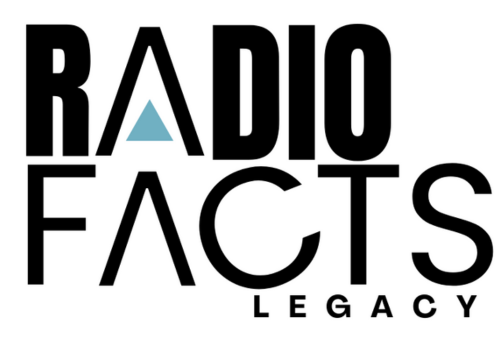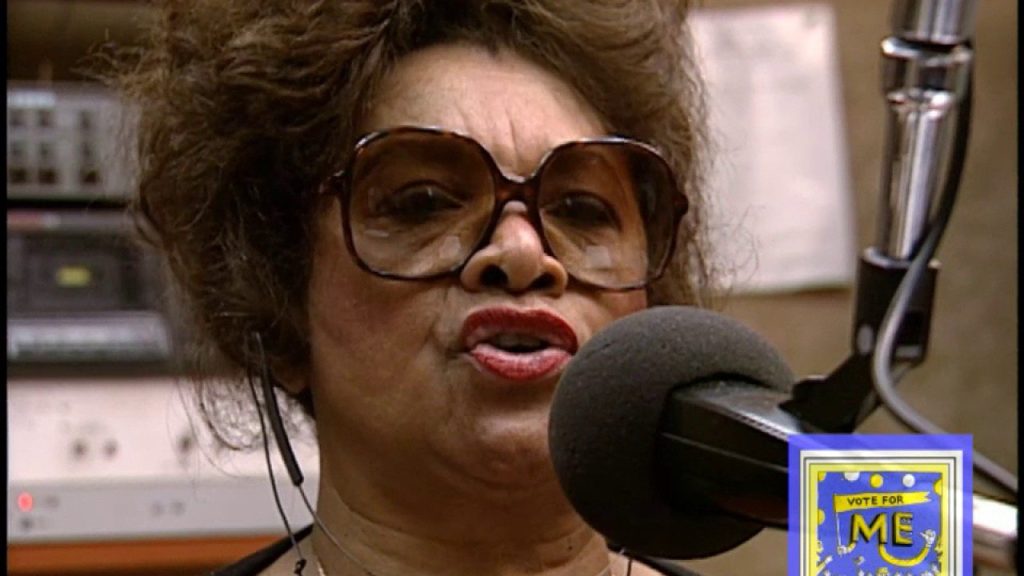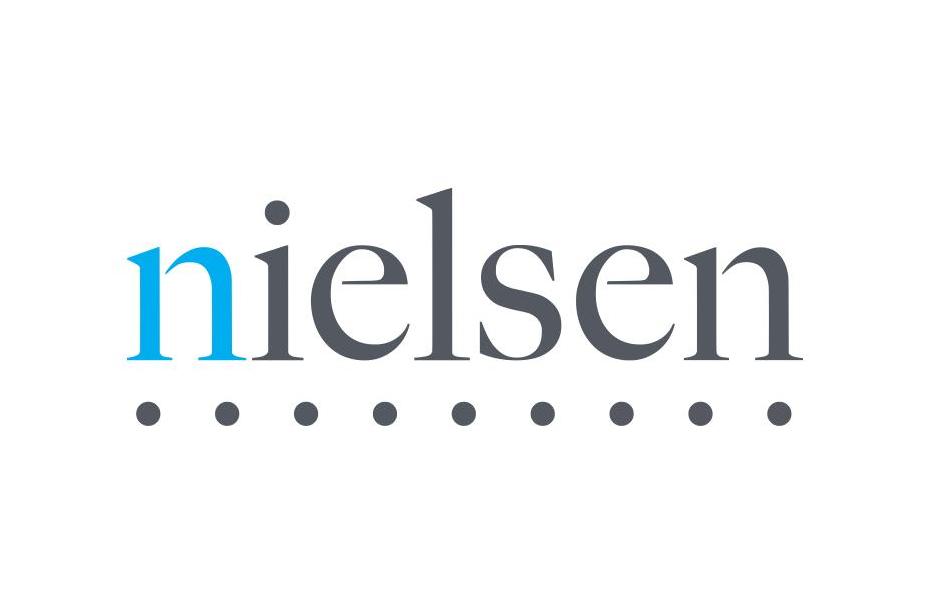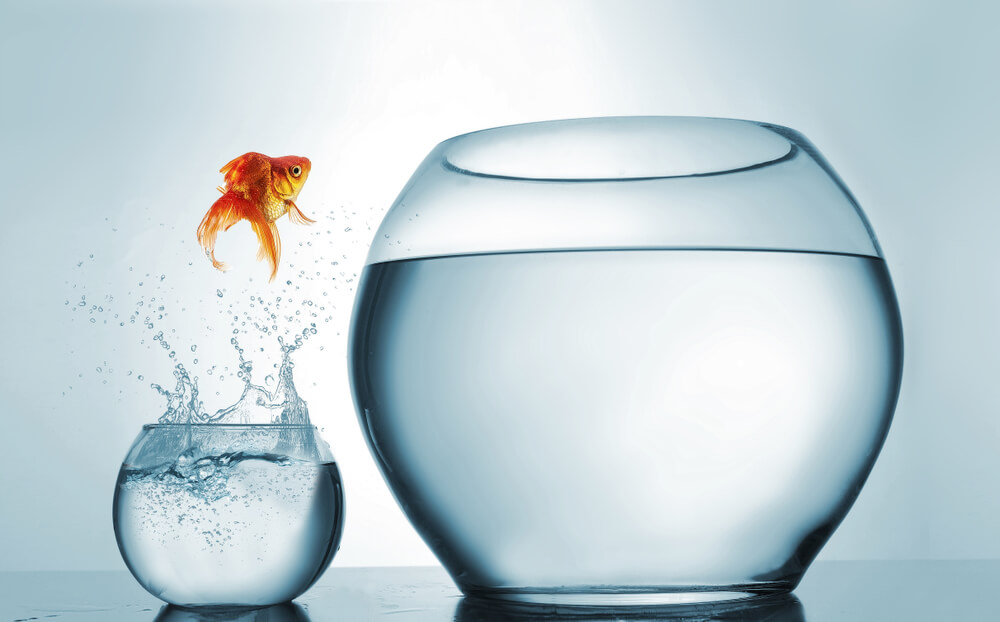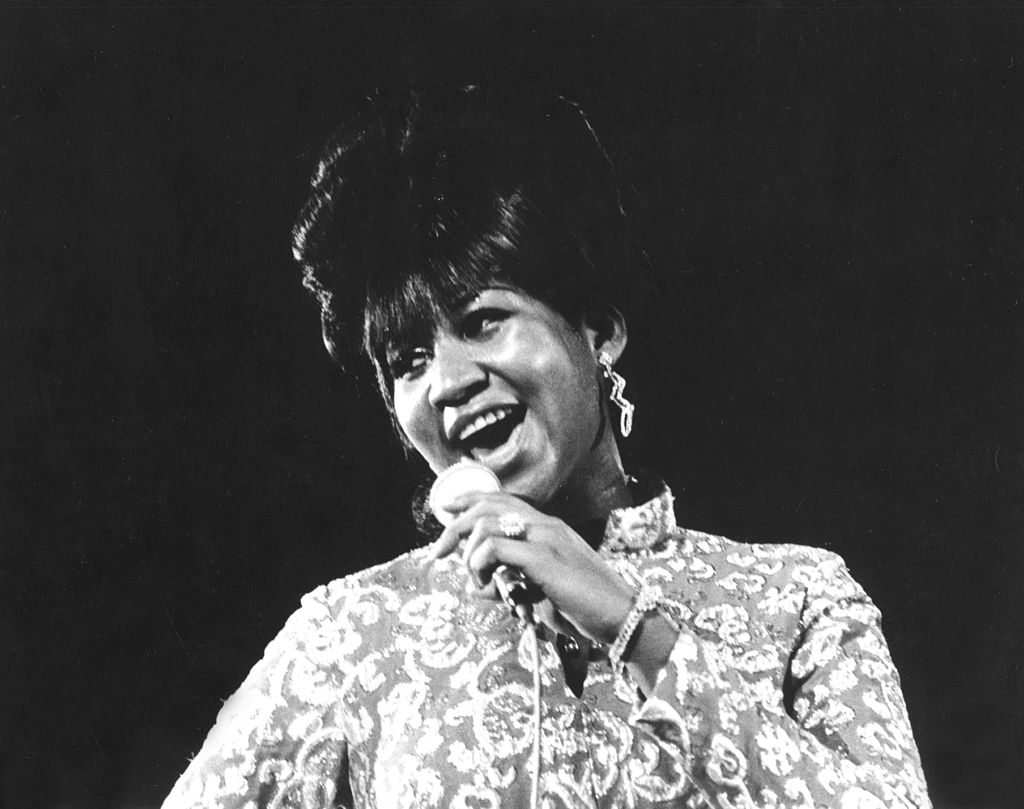The country’s national baby formula shortage has inspired one woman to donate 45 gallons of breast milk.
On Saturday (May 14), the incredible milestone was accomplid by Andrea Heidenreich of Dubuque when gave her last donation to the Mother’s Milk Bank of Iowa in Coralville.
Milk banks have increasingly become the source for frantic parents to obtain milk for their babies amid a product recall over safety fears in February. The recall has plunged the formula supplies, and customers face empty lves.
One of the six worst states hit by the baby formula drought was Iowa, with more than a 50 percent out-of-stock rate, according to local news channel KCRG.
Heidenreich told the station: “Sometimes women can overproduce breast milk, and I was one of those overproducers. We just decided we could help other parents and babies along the way. There are parents that are very stressed out trying to find formula to feed their babies, and for moms who aren’t able to breastfeed, it’s a struggle of wondering where that’s going to come from.”
After initially struggling to feed her son Oliver, felt driven to help. “It was very emotional not being able to feed him,” said. “We worked with a lactation specialist at Mercy [Hospital].”
Soon had more milk than her son needed after the specialist was able to help her feed her baby. She explained that her last donation at the weekend was a touching moment for her: “I think for any woman when they’re done breastfeeding, it’s emotional. I just know we can help other babies and moms along the way.”
Heidenreich wrote on Facebook, after her last donation on Saturday: “Today was a big day. It marks the end of my pumping and breastfeeding journey. I donated the last of my breast milk to the Mothers Milk Bank of Iowa this morning. I have donated just over 45 gallons after my donation today.”
She added, “[It] makes me so happy to know I am helping the Mammas and Babies who need it. I have been so blessed to have the ability to donate.”
The Mother’s Milk Bank of Iowa spokesperson told KCRG: “We’re experiencing an increase in milk donors who mention the formula shortage and their desire to help. They are remarkable and generous women. If moms have extra breast milk and feel they can donate it, there is a real need right now.”
To ensure the milk is safe to use, milk banks are accredited by the Human Milk Banking Association of North America. A health screening with a free blood test is required from the donating mothers.
The organization collects the milk, then “screens, pasteurizes, and tests it, and, finally, dispenses it to premature and fragile infants in need, either in hospitals or homes.”
The association encourages breastfeeding mothers to come forward and offer their surplus milk to other babies in need, with its website telling women: “You can save lives by donating your extra breast milk for use as pasteurized donor human milk.”

